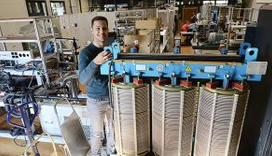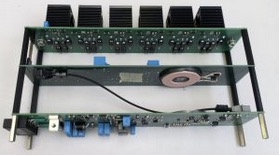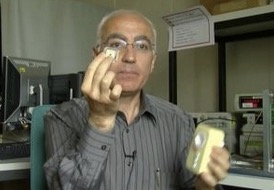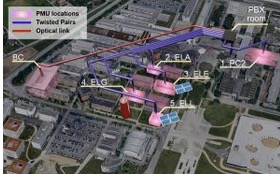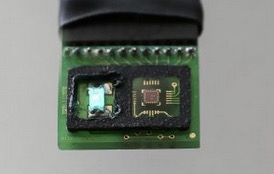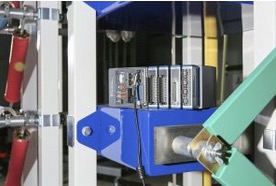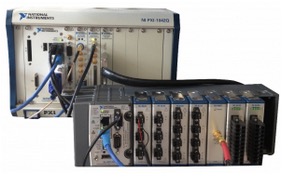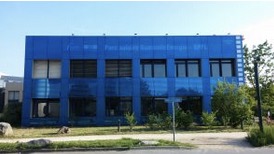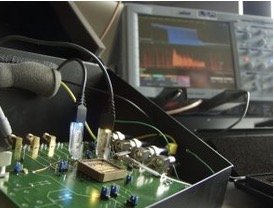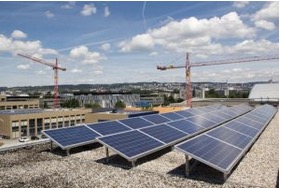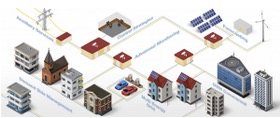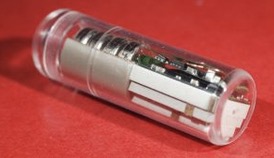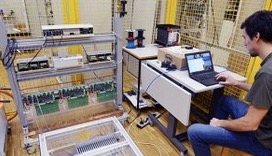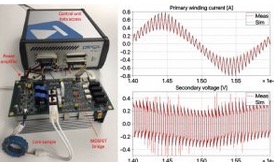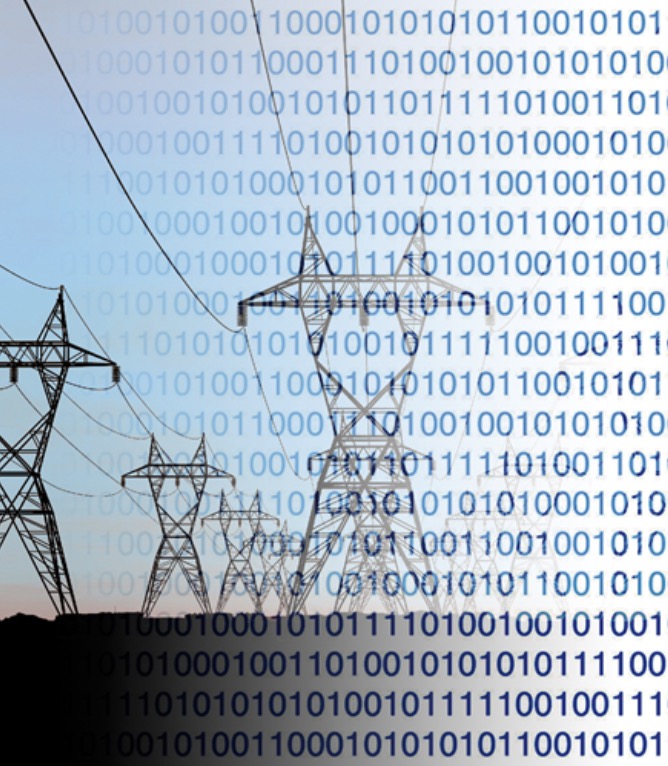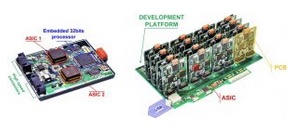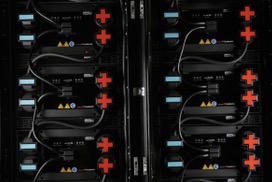Sustainable Power and Energy
Electrical energy generation, conversion and storage supported by advance design optimization and intelligent control are central themes within the spectrum of activities in EE. In this respect, these themes are addressed through research and educational activities in key main areas: modern power systems (e.g., smart grids), electrical energy conversion (e.g., power electronics) and advanced semiconductors (e.g., wide bandgap devices). The first area covers the development of smart grid concept solutions in order to efficiently deliver sustainable, economic and secure electricity supply. These solutions aim to intelligently integrate the actions of all users connected to the electrical network, whether they are generators or consumers. They rely on innovative products and services together with intelligent monitoring, control, communication and self-healing technologies. Energy storage plays extremely important role in this area, considering stochasticity of modern energy sources (e.g., PV and wind). The second area, related to modern power electronic conversion technologies, provides the necessary support to modern power systems, needed to evolve them to the next level, in terms of efficiency, reliability, flexibility and sustainability. This is achieved through modeling, simulations, control and optimization of novel high-performance converter topologies, as well as maximization of performances from their essential constituents, such as are power semiconductors and passive components. The combination of existing technologies and the use of new smart materials leads to new innovative devices that aid conversion of the electrical energy into the mechanical one, either on the level of micro actuators to the level of large electrical machines. Finally, the third area provides essential support to the electrical energy sector, through development of superior wide bandgap-based semiconductor devices. Through innovation with nanoscale designs of high-performance materials, it exploits their unique properties and conceive new, drastically more efficient devices that outperform the state of the art. It also deals with the material and interface design of advanced photovoltaic solar cells, targeting efficiency increased through the use of multi-junction solar cells, optimized optical systems, and increased device reliability.
Key research themes
- Smart grids: dynamic phenomena (modeling and control) in power systems; integration within distribution networks of the distributed generation and energy storage technologies; distribution network monitoring and advance metering; real-time operation and control of electrical grids with special reference to power distribution networks; advanced protection techniques; ICT integration into smart grids: from generation to appliances; electricity market deregulation; sector coupling: planning and operational challenges.
- Power electronics: electrical energy generation, conversion, storage; medium voltage applications; high power electronic converters: modelling, simulation, design, optimization and control; power semiconductors and advanced magnetics; high performance variable speed drives, converter structures and topologies; energy conversion, including management and storage.
- Electric power transmission and distribution: electricity market liberalization; vulnerability of power system, distributed generation and storage; electromagnetic compatibility, lightning discharge, modeling, simulation.
- Electro-mechanical systems: modelling and optimization of small-sized to large electrical machines, linear motors and actuators, analysis and simulation of electrical power systems and adjustable speed drives.
- Advanced semiconductor devices: design, modelling, characterization and optimization of semiconductor devices, switching cell synthesis, integrated power ICs, high performance cooling, MHz applications and high-power density.
- Advanced solar cells and modules: crystalline silicon, perovskite, modules, novel semiconductors, low defect interfaces, coatings, reliability, performance ratio and energy yield.

